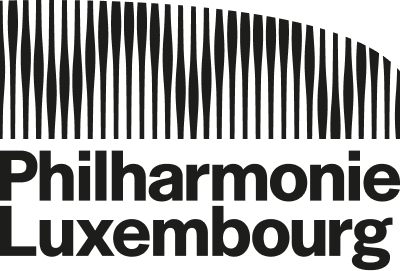
O Táxi Nº 9297 | An Interview with Igor C. Silva
Did you research Reinaldo Ferreira and the context of the film’s creation before the composing process?
Reinaldo Ferreira was a very interesting character who wrote a lot of different things and I tried to understand where it comes from. O Taxi No9297, which was released in 1927 is one of his biggest works and it easily allows us to understand who Reinaldo is. He’s brilliant in terms of the narrative: it’s very clever, it's very well written and it's a complex edit for that time.
Old film, new music. How do you bring these aesthetics together?
The truth is that if I would get a more recent movie, it wouldn't allow me a lot of space to blend my aesthetics with the movie itself. In a way Reinaldo is also experimenting a lot with different kinds of narratives and layers. He has a lot of humor, but the only tricky thing in this project was the length of the movie and the length of the dialogues, which are mostly silent dialogues. We can find a lot of expressions and shifting moments in the atmosphere, which is very musical. When I saw the movie, half of the music was already written by Reinaldo Ferreira.
What is the role of your music in the film’s storytelling?
The first role is trying to follow the narrative of the story, the different emotions and shifts as much as possible. Many times, the music isn’t only in sync with the story but also in sync with the editing of the movie: changing off cameras, changing all spaces, which can be heard through the music.
The third approach was to find more space in several moments, where I had the freedom to write music that doesn't need to be so tight with the with movie. In general it's really linked to the movie and its editing.
What is the orchestration of your soundtrack about?
It all started with the idea that I had to write the soundtrack for an ensemble, which was fixed. I was able to bring an electric guitar that already allowed me to bring space for something else. I'm also playing electronics, but even within the ensemble consisting of 15 or 16 musicians with a classical contemporary sound, I need more than that. I really wanted to involve the whole ensemble through the whole piece without the need for them to play all their instruments all of the time, to avoid the same sound colour. I started to search for different sounds that not only blend with electronics but also blend with the picture, with what's happening on screen. There are also a lot of objects used, like plastic bags or balloons, to create sounds.
What is the role of improvisation in your soundtrack?
The improvisation and the creativity from the musicians are very important in my music. Otherwise musicians are only reading their sheet. I really wanted to engage musicians and invite them to create new ideas. In silent movies there always was an organ or piano player, who mostly improvised when watching the movie. I wanted to bring this idea to this piece, only including more musicians. It’s more a controlled improvisation, but they have a lot of freedom throughout the piece and some of them have important roles as improvisers.
Is it usual for you to also perform in your own pieces?
When I started writing the piece, I didn't decide immediately that I would be part of the ensemble. But it would be boring to be the creator of this two hours piece and only be part of the audience watching the movie and everybody having fun. I'm playing the guitar, the synthesizer, live electronics, and I’m also manipulating the sound of the whole ensemble. I’m also able to interact with their ideas: If someone plays something special in a specific moment, I can interact with them. This is a very live way of performing music. The most important thing is having fun together. You have something else to say as a performer. I’m mainly composer and I don't play a lot but when I do I have something to say with my music.





